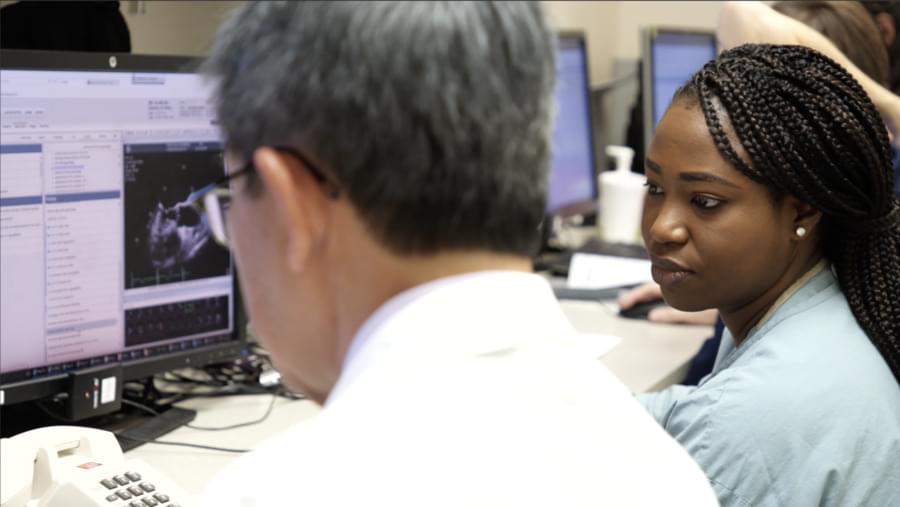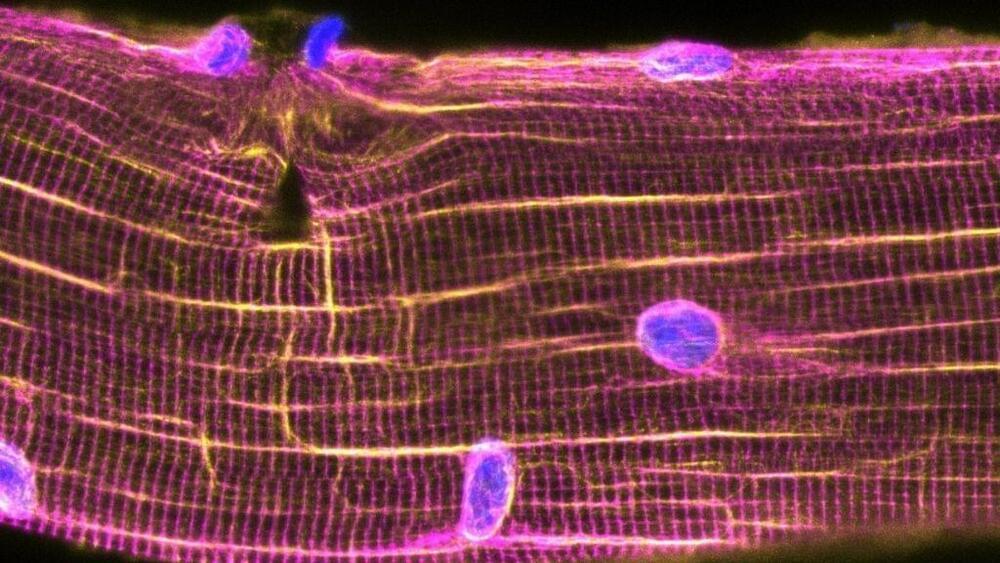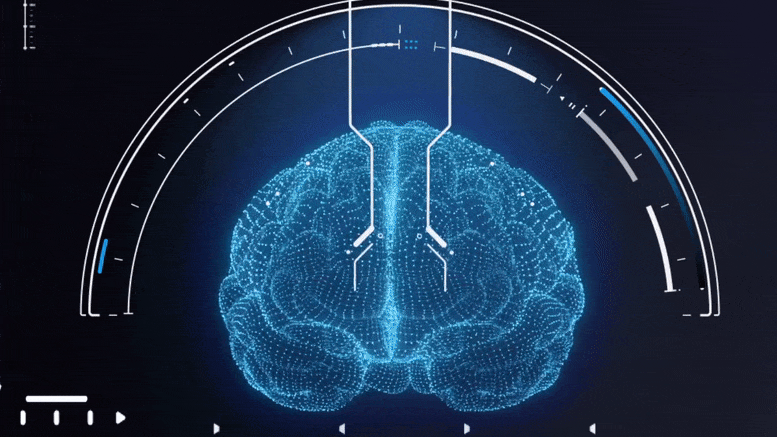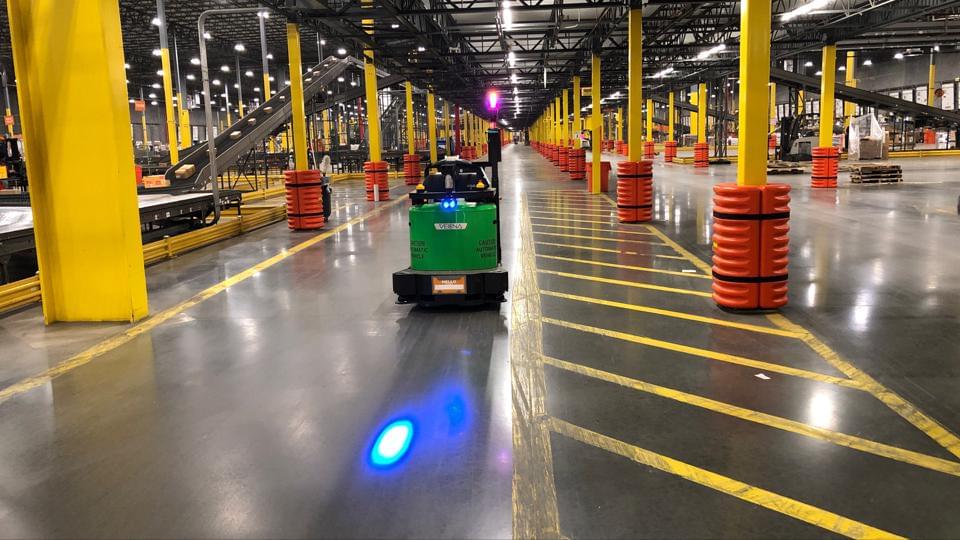Integrated And Cross-Disciplinary Research Focused on Diagnosing, Treating And Curing Cancers — Dr. Antonio Giordano MD, PhD, President & Founder, Sbarro Health Research Organization.
Dr. Antonio Giordano, MD, Ph.D., (https://www.drantoniogiordano.com/) is President and Founder of the Sbarro Health Research Organization (https://www.shro.org/), which conducts research to diagnose, treat and cure cancer, but also has diversified into research beyond oncology, into the areas of cardiovascular disease, diabetes and other chronic illnesses.
Dr. Giordano is also a Professor of Molecular Biology at Temple University in Philadelphia, a ‘Chiara fama’ Professor in the Department of Pathology & Oncology at the University of Siena, Italy, and Director of the Sbarro Institute for Cancer Research and Molecular Medicine, and the Center for Biotechnology, at Temple’s College of Science & Technology.
In his research throughout the years, Dr. Giordano has identified numerous tumor suppressor genes, including Rb2/p130, which has been found to be active in lung, endometrial, brain, breast, liver and ovarian cancers, as well as interesting synergistic effects of gamma radiation in combination with this gene, accelerating the death of tumor cells.
Dr. Giordano went on to discover Cyclin A, Cdk9 (which is known to play critical roles in HIV transcriptions, inception of tumors, and cell differentiation), and Cdk10. Dr. Giordano also developed patented technologies for diagnosing cancer.






